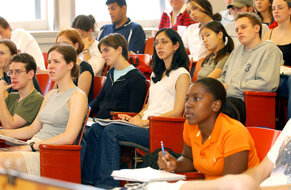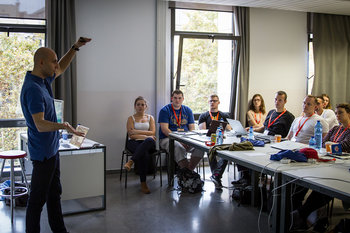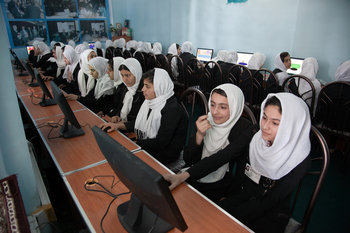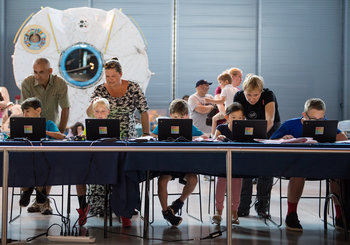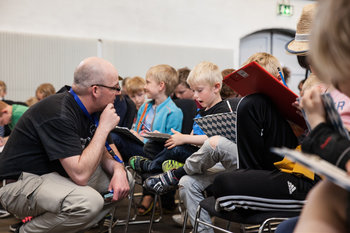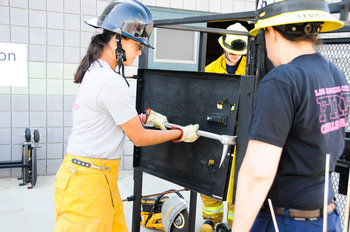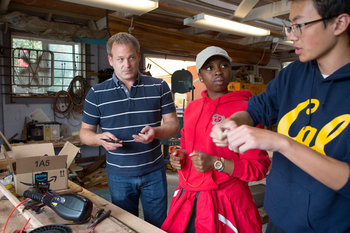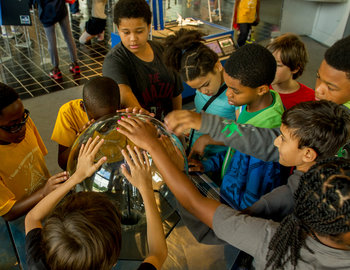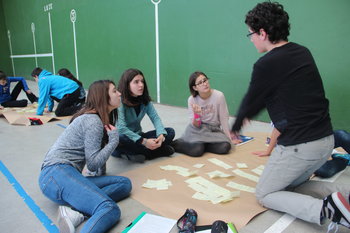
Mastery Learning
Mastery learning is an approach to education based on the idea that students should master fundamentals before moving on to more advanced topics. For example, a student in calculus would stay with a unit of learning until they completely understand it. This requires that students move through topics at their own pace. Mastery learning can be contrasted with education where students move at the same pace, even if many students haven't mastered a basic idea that is required for more advanced work.Music
Mastery learning is common in music instruction. For example, a student of piano may be expected to master extremely simple songs with one hand before moving to simple songs with two hands. At each stage a reasonable level of refinement is achieved before moving on.Language
Mastery of your native language implies that you can speak and compose written works with eloquence, style and impact. Mastery of a second language implies that you almost pass as a native speaker. Generally speaking, it is impossible to beat native speakers at their own language unless you start learning the language as a child.Athletics
Mastery of sport is associated with intensive preparation, practice and improvement based on knowledge of performance and knowledge of results.Profession
Mastery of a profession typically requires experience of at least ten years whereby an individual is unusually dedicated and aggressive in challenging the status quo and leading change.Traditional Economy
In some cases, mastery isn't about leading change but instead seeks to refine a traditional craft, art or practice. This calls for preserving a way of doing things and perfecting it.Self Mastery
Self mastery is the development of self control and self knowledge to act in a way that is consistent with your beliefs, goals and character. For example, a parent who seeks to understand their own beliefs and align their behavior to these beliefs in order to set a better example for their children.Notes
As a rule of thumb, it takes about 10,000 hours of intensive practice to master a profession, art, language or craft.| Overview: Mastery | ||
Type | ||
Definition | The attainment of a superior level of knowledge or skill in a domain. | |
Related Concepts | ||

